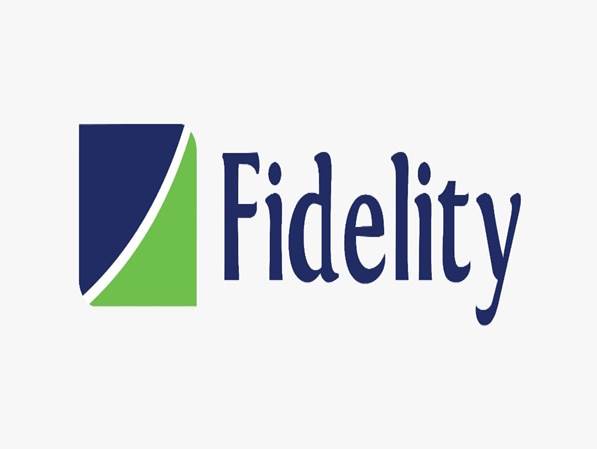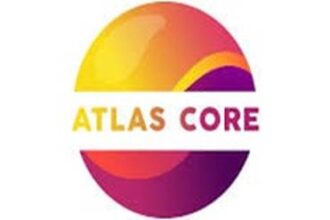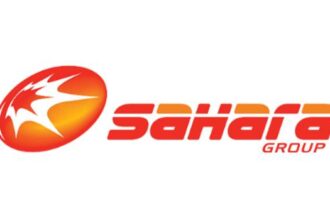Fidelity Bank Plc recorded a 46 per cent rise in its gross earnings for the period to N748.71 bn, compared to N512.86 bn in the corresponding period last year, according to its financial report for the period ended 30 June 2025 filed on the Nigerian Exchange Limited.
However, the bank suffered a 17.22 per cent decline in profit for the period, which stood at N132.31 bn as of June 2025, down from N159.83 bn in the same period last year. This was driven by a derivative loss valued at N59.78 bn, coupled with a rise in personnel expenses, depreciation, amortisation impairment, and other operating costs. The loss was further exacerbated by a N2.83 bn windfall tax for the half-year and an income tax expense of N45.38 bn.
According to a statement from the bank made available to the Press, Net Interest Income rose to N420.4 bn, compared to N326.4 bn in H1 2024. Customer deposits grew to N7.2 tn, from N5.9 tn in FY 2024, while Net Revenue increased to N444.4 bn, up from N396.8 bn in H1 2024.
The bank’s loan book also expanded, with Net Loans and Advances rising to N4.9 tn, from N4.4 tn in FY 2024, reflecting increased support for businesses and individuals. Asset quality remained stable, with non-performing loans well within acceptable limits.
No dividend was proposed by Fidelity Bank’s board for the period.
Fidelity Bank was reported to be among the first to raise fresh funds from the capital market following the recapitalisation directive of the Central Bank of Nigeria. Its N127.1 bn combined public offer and rghts issue was oversubscribed.
In May, Fitch Ratings affirmed Fidelity Bank Plc’s Long-Term Issuer Default Rating at ‘B’ and upgraded its National Long-Term Rating to ‘A+(nga)’ from ‘A(nga)’. Both outlooks on the long-term ratings are stable.
Fitch stated that the upgrade reflected “Fidelity’s strengthening capital buffers as a result of last year’s rights issue and public offer, alongside stronger internal capital generation. This is underpinned by a sharp improvement in profitability metrics since 2022, as the bank benefits from higher rates due to its heavy reliance on low-cost current and savings accounts.”















